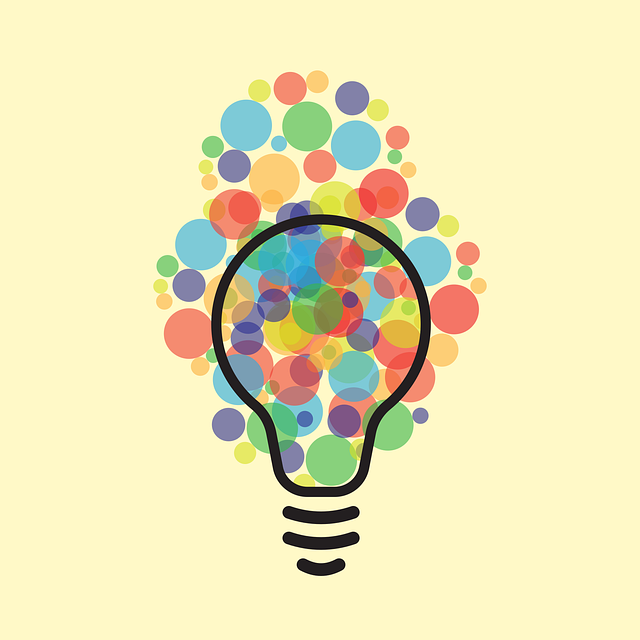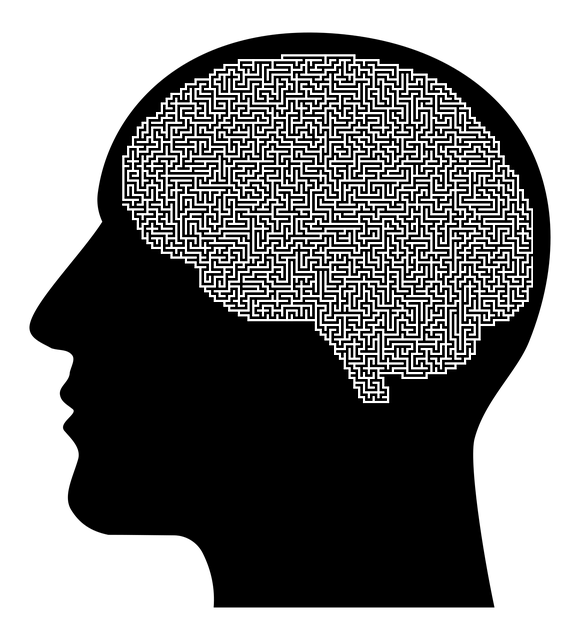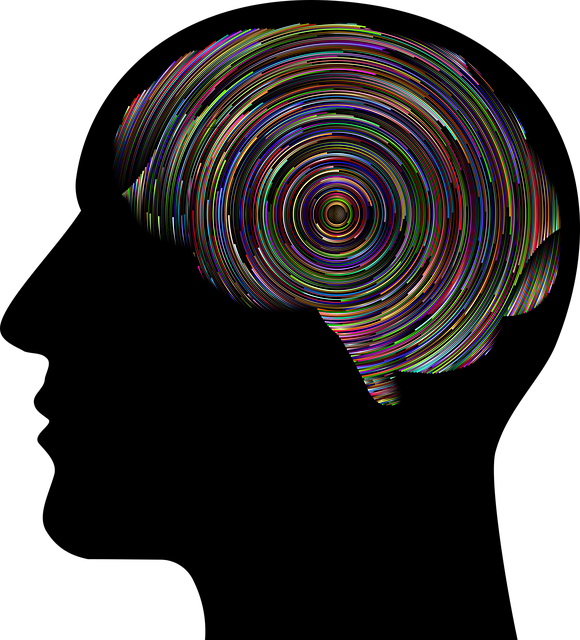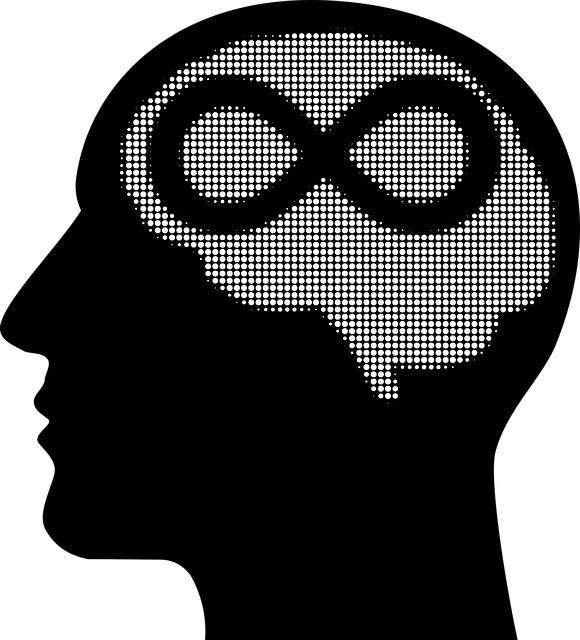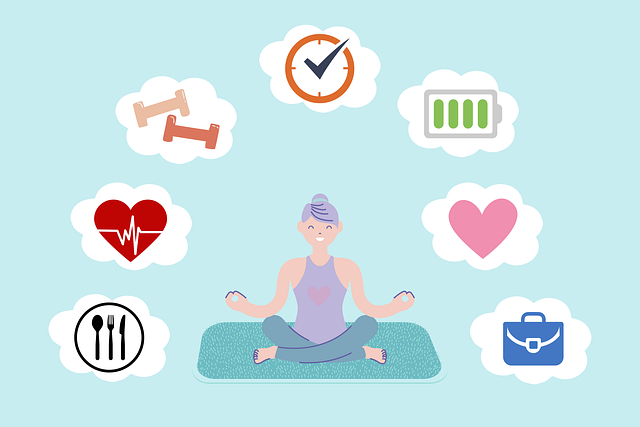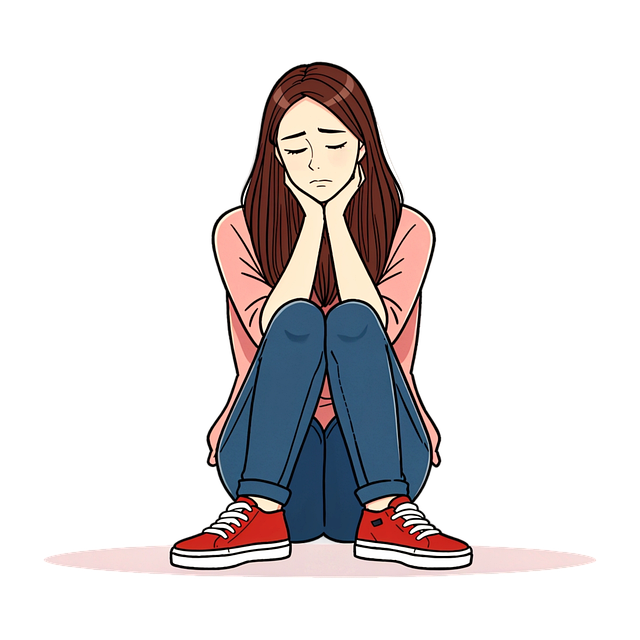Mental wellness is a crucial aspect of women's overall health, frequently challenged by stress, anxiety, depression, and burnout due to societal pressures and multiple responsibilities. To enhance support, self-assessment tools for mental wellness must address unique female challenges like gender roles, work-life balance, and cultural beliefs. A multi-faceted approach that considers emotional health, stress management, and coping mechanisms is essential. Cultural sensitivity in tool design ensures accessibility and effectiveness across diverse ethnic and socioeconomic backgrounds, promoting superior womens issues therapy. Testing, refinement, and strategic dissemination are vital for successful implementation and improved mental wellness outcomes for women.
Mental wellness self-assessment tools play a pivotal role in empowering women to take charge of their mental health. This article delves into the development of such tools, focusing on addressing unique aspects of women’s issues. We explore the importance of mental wellness in understanding and tackling challenges specific to women, while highlighting gaps in current assessment practices. By examining key components, integrating cultural sensitivity, and refining through rigorous testing, we aim to enhance the impact of these tools for superior women’s therapy outcomes.
- Understanding Mental Wellness and Its Relevance to Women's Issues
- Identifying Gaps in Current Self-Assessment Tools
- Key Components for Developing Effective Assessment Tools
- Integrating Cultural Sensitivity and Diversity in Design
- Testing, Refinement, and Dissemination for Maximum Impact
Understanding Mental Wellness and Its Relevance to Women's Issues

Mental wellness is a crucial aspect of overall health, especially for women who often face unique challenges and pressures that can significantly impact their psychological well-being. Understanding mental wellness involves recognizing not just the absence of mental illness but also the presence of positive coping mechanisms and emotional resilience. For women, this includes addressing issues such as stress, anxiety, depression, and burnout, which are prevalent in today’s fast-paced society. Women’s issues therapy focuses on these specific concerns, providing a safe space to explore and navigate the complex factors that contribute to mental wellness or its decline.
The relevance of prioritizing mental wellness for women cannot be overstated. From career pressures and societal expectations to relationship dynamics and personal struggles, women often bear the brunt of multiple responsibilities and stressors. Incorporating practices like mindfulness meditation can be a powerful tool in prevention and promotion. By developing self-assessment tools that cater to these specific needs, we empower women to take charge of their mental health proactively, ensuring they have the resources and understanding necessary for superior womens issues therapy.
Identifying Gaps in Current Self-Assessment Tools

In the pursuit of enhancing mental wellness support, it’s crucial to recognize that current self-assessment tools often fall short in addressing the nuanced needs of women, particularly those facing unique challenges related to gender and societal pressures. Many existing assessments lack the depth and sensitivity required to capture the complexities of women’s mental health issues, including stress, anxiety, and depression, which can be exacerbated by factors such as gender roles, work-life balance, and public awareness campaigns development. This gap in adequate evaluation methods hinders personalized treatment plans, especially for complex cases that demand tailored interventions.
The need for superior womens issues therapy tools is further underscored by the varying emotional healing processes and trauma support services required by diverse female populations. Public awareness campaigns development should aim to destigmatize mental health struggles specific to women while promoting access to specialized resources. By acknowledging these gaps, therapists and developers can collaborate on creating innovative self-assessment tools that not only bridge existing lacunae but also foster more inclusive and effective mental wellness support systems.
Key Components for Developing Effective Assessment Tools

When developing self-assessment tools for mental wellness, it’s crucial to incorporate a multi-faceted approach that caters to various aspects of an individual’s well-being. Effective tools should include sections tailored to assess emotional health, stress management strategies, and coping mechanisms. Encouraging users to reflect on their thoughts, feelings, and behaviors provides valuable insights into potential challenges and strengths. Integrating practices like positive thinking exercises and mental wellness journaling can offer guidance for self-improvement.
Cultural sensitivity in mental healthcare practice is a critical component that ensures the assessment tool resonates with diverse user populations. Tailoring content to respect and acknowledge different cultural beliefs, values, and expressions of distress is essential. For instance, incorporating culturally relevant examples, language, and perspectives in the assessment can make it more inclusive and accessible to women from various ethnic and socioeconomic backgrounds, enhancing the overall effectiveness of Superior Women’s Issues Therapy.
Integrating Cultural Sensitivity and Diversity in Design

In developing mental wellness self-assessment tools, integrating cultural sensitivity and diversity in design is paramount to ensuring inclusivity and effectiveness. This involves recognizing and accommodating different cultural beliefs, values, and practices that shape individuals’ perceptions of mental health and well-being. For instance, what constitutes stress or anxiety can vary significantly across cultures, influencing how individuals express and cope with these issues. A superior women’s issues therapy tool should consider these nuances, incorporating cultural references and symbols that resonate with diverse user groups. By doing so, it becomes a more accessible and relatable resource for all.
Moreover, integrating cultural sensitivity promotes the development of robust burnout prevention strategies for healthcare providers, who often work with diverse populations. Resilience-building exercises tailored to respect different cultural backgrounds can enhance professionals’ ability to manage stress and maintain well-being. Mind over matter principles, when presented in a culturally sensitive manner, can empower individuals to take control of their mental health while acknowledging the interplay between psychological and social factors. This holistic approach not only improves self-assessment outcomes but also fosters more inclusive and effective therapy practices.
Testing, Refinement, and Dissemination for Maximum Impact

Testing, Refinement, and Dissemination are crucial steps in developing effective mental wellness self-assessment tools tailored to women’s unique issues. Once an initial version is created, rigorous testing with a diverse group of female participants from various backgrounds ensures cultural sensitivity and relevance. This phase allows for gathering valuable feedback, identifying any biases or gaps in the tool, and refining it accordingly. Emphasizing emotional well-being promotion techniques and mood management strategies, the assessment should be designed to enhance emotional intelligence – the ability to recognize and manage one’s emotions effectively.
After refining, strategic dissemination through reputable channels dedicated to women’s health and mental wellness can maximize impact. Sharing the tool with therapists, counselors, and healthcare professionals ensures it reaches those best equipped to guide individuals navigating superior womens issues therapy. Additionally, making the assessment accessible online or through mobile apps broadens its reach, enabling a wider audience to take charge of their emotional well-being and manage their mental health proactively.
The development of superior mental wellness self-assessment tools tailored to women’s issues is a vital step towards enhancing access to effective therapy. By addressing gaps in current tools and incorporating cultural sensitivity, we can create resources that accurately assess and address the unique mental health challenges faced by women. Through rigorous testing and refinement, these tools have the potential to revolutionize support systems, ensuring every woman has access to the right care at the right time.
